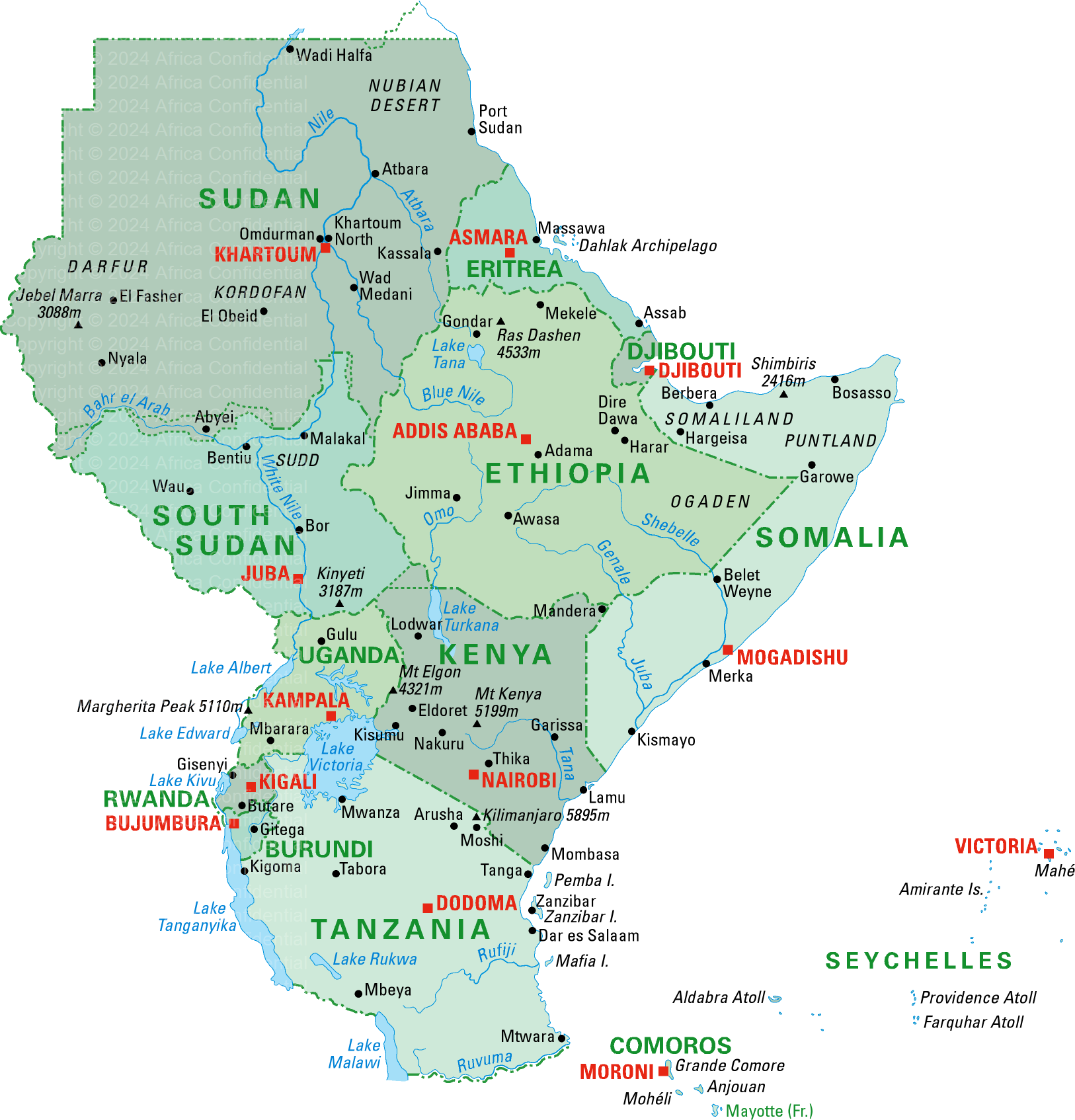How the EU starves Africa into submission - CapX
It is
estimated that of all the food items imported by African countries, nearly 83 per cent comes from outside the continent. The rest comes from other African countries.
African leaders are seeking ways to feed their peoples and become players in the global economy.
In the second edition of
The New Harvest: Agricultural Innovation in Africa, I argue that Africa can feed itself in a generation. However, efforts to achieve such an ambitious goal continue to be frustrated by policies adopted by Africa’s historical trading partners, especially the European Union.
There are at least three ways in which EU policies affect Africa’s ability to address its agricultural and food challenges: tariff escalation; technological innovation and food export preferences.
African leaders would like to escape the colonial trap of being viewed simply as raw material exporters. But their efforts to add value to the materials continue to be frustrated by existing EU policies.
Take the example of coffee. In 2014 Africa —the home of coffee— earned nearly $2.4 billion from the crop. Germany, a leading processor, earned about $3.8 billion from coffee re-exports.
The concern is not that Germany benefits from processing coffee. It is that Africa is punished by EU tariff barriers for doing so. Non-decaffeinated green coffee is exempt from the charges. However, a 7.5 per cent charge is imposed on roasted coffee. As a result, the bulk of Africa’s export to the EU is unroasted green coffee.
The charge on cocoa is even more debilitating. It is reported that the “EU charges (a tariff) of 30 per cent for processed cocoa products like chocolate bars or cocoa powder, and 60 per cent for some other refined products containing cocoa.”
Pursuing EU-inspired biosafety policies denies Africa the capacity to leverage biotechnology and use it to meet its own local needs. GM technology has wider application in fields such as medicine and can be used in the development of diagnostics.
Zmapp is an example of an experimental drug for use against the Ebola virus that was developed using GM technology. In this case, EU policies on food safety may have unintended consequences of suppressing innovation in Africa not only in agriculture, but also in healthcare.
There are areas of EU-Africa agricultural trade that on the surface appear to offer hopeful signs. One of them is trade in organic produce. In fact, part of the opposition to GM technology is linked to the perception that it might compromise Africa’s export of organic produce to the EU.
The surge in demand in organic produce around the world does offer parts of Africa the opportunity to increase their food exports. Over the last two decades, Africa’s share of world food exports has dropped from 11 per cent to less than 3 per cent. Thailand exports nearly as much food as all of sub-Saharan Africa.
But boosting food exports is not going to be satisfied by dependence on niche organic markets provided by the EU. Africa needs robust efforts to upgrade its agriculture through technology adoption and not simply reliance on the exploitation of Africa’s “cheap ecology”.
To achieve its technological objectives, Africa needs to partner with countries such as the United Kingdom that have historical knowledge of the continent. But collective EU policies make it difficult for Africa to engage productively with the UK in areas such as agricultural biotechnology.
One of the impacts of the policies has been to nudge Africa towards new partnerships with countries such China and Brazil that have pioneered the adoption of new agricultural technologies. This, in turn, has the long-term potential of eroding trade relations between the UK and Africa. The time has come for the EU to rethink the impact of its policies on African agriculture in general and technological transformation in particular.
@Diasporan Royalty




